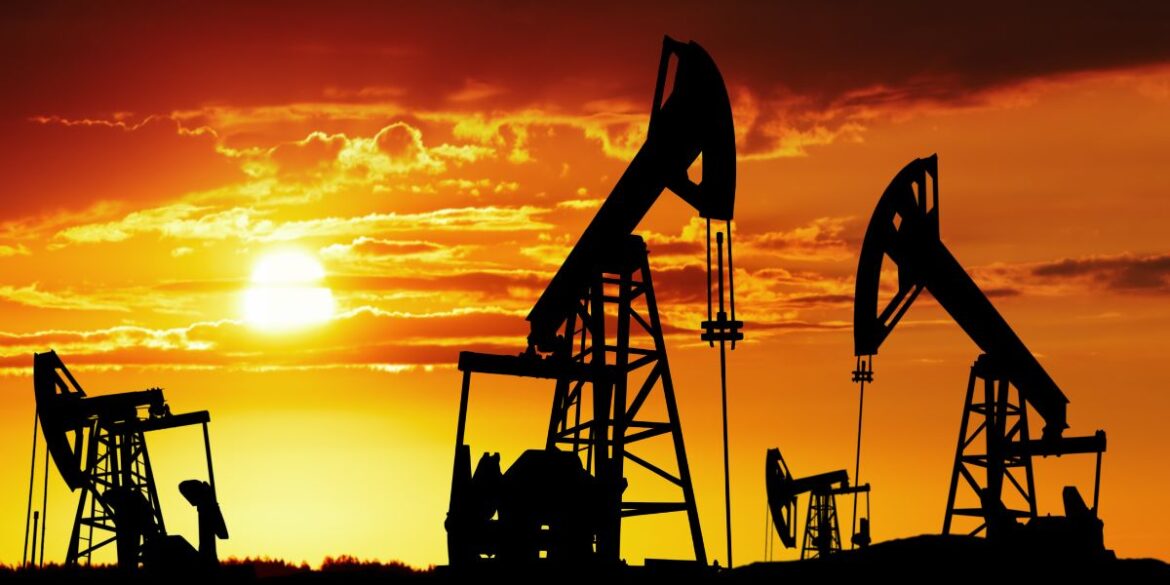In a dramatic geopolitical turn, Ukraine imposed sanctions on Russia’s Lukoil on July 23, effectively halting oil transit via the Druzhba pipeline that supplies Hungary and Slovakia. This action has cast a long shadow over Central Europe’s energy security, particularly as Hungary and Slovakia rely heavily on Russian crude—approximately 70% and 88% of their respective oil imports come from Russia. The sudden disruption has heightened concerns about regional supply shortages, strained EU diplomatic ties, and spurred urgent discussions on alternative energy sourcing.
Ukraine’s move underscores its continued strategic push to exert pressure on Russian energy interests amid ongoing conflict. The sanctions not only represent a political stance but also a tactical maneuver within the broader energy war that has defined Eastern European dynamics since Russia’s invasion of Ukraine. The Druzhba pipeline, a Cold War-era relic, has long been a critical artery for Russian oil exports into the heart of Europe. By targeting Lukoil, one of Russia’s largest oil producers, Ukraine is forcing neighboring EU members to reconsider their dependency on Moscow’s energy supplies.
In response, both Hungary and Slovakia have called for emergency consultations within the European Union to discuss contingency measures. Budapest has warned of potential energy rationing if alternative supplies are not secured swiftly, while Bratislava emphasized the need for accelerated diversification strategies, including ramping up connections with Adriatic ports and investing in renewable infrastructure.
The disruption comes at a time when the global oil market is already grappling with tight supply conditions. For the third consecutive week, oil prices have climbed, with Brent crude nearing $81 per barrel. This upward trend is driven not only by geopolitical instability but also by sustained OPEC+ production cuts and a cooling inflation outlook that has tempered fears of aggressive interest rate hikes.
Meanwhile, energy data released in the United Kingdom on July 30 revealed a 3.3% decline in primary energy consumption and a 3.9% year-on-year contraction in domestic energy production. Analysts attribute this shift to ongoing improvements in energy efficiency, growing use of alternative energy sources, and changing consumption patterns among businesses and households.
Together, these events signal a pivotal shift in global energy dynamics. From regional geopolitics disrupting supply chains to evolving consumption trends reshaping demand, the energy sector is navigating a period of profound transition. For Europe, especially Central and Eastern members, the road ahead will demand both resilience and innovation as they adapt to a rapidly evolving energy landscape.

